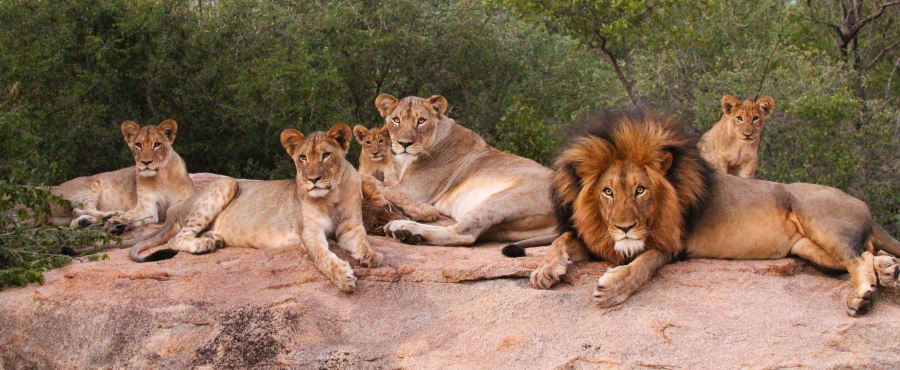The second time I visited South Africa, my sister made all the arrangements for the trip and one of the things she looked into was visiting a lion park, where we could get up close and personal with lion cubs. I was excited about the idea but luckily my sister had the foresight to think a little more deeply about what these places really meant to conservation and the wellbeing of wildlife. Rightly, she had doubts about whether they really were ‘conservation’-minded. Interestingly though, back in 2012, she found it near impossible to find any information about whether they were harmful to lions.
She even went as far as to email the South African SPCA (society for the prevention of cruelty to animals) but their response was extremely non-committal. Luckily we came to our own conclusion that we should not encourage any place that monetizes the captivity of wild, endangered animals.
Years later and thankfully there is much more information readily available about the harmful impact of lion parks in South Africa and other countries around the world. In a huge step forward towards conservation, Tripadvisor last year stopped selling tickets to attractions that allow contact with wild, endangered animals and in 2015, German volunteering directory banned all lion cub projects. We need more global businesses and associations to take this same stance.
So, what really happens in lion parks?
I’m glad you asked. The largest problem with lion parks is that these lions are bred to make money for the owners of the business. While they are cubs, they are making money by having tourists pay to pet and take selfies with them as well as volunteers paying to look after them. However once they grow up, what happens to these cute little cubs? The tourists and volunteers are sold stories about lions being released when they grow up. This is a complete lie – lions bred in captivity cannot be released. In most cases, lions are sold to canned hunting places once they get too large to be handled by tourists looking for their new Facebook profile pic. In fact, over 800 captive-bred lions are being killed annually by trophy hunters. Worse still, most of the time the lions in Africa’s lion parks are sold to canned hunting places, which means the lions are hunted in very small enclosures where they have no chance for escape.
These establishments are not geared towards conservation in any way. They exist purely as a commercial business to make money. The cubs do not enjoy a normal or happy upbringing, being ripped away from their mother almost straight away so she can produce another litter in 6 months. They are allegedly beaten, deprived of sleep and even drugged to ensure complacency when Jack and Jill come from the US or UK to get their selfie with them.
So what can we do about it?
The most obvious thing is to not visit any lion park (or any place globally where you get to have contact with wild and/or endangered animals). If you want to see lions, choose to do so as part of a legitimate safari – check out some of the awesome safari options we recommend – or get in touch for help. The next is to help others understand that it is the wrong thing to do – educate friends and family. Like or share this post. Then do your best to support businesses like Tripadvisor, STA Travel and Intrepid who are making a stand against cruel animal attractions globally.
We need to make sure that most people do not think a Facebook or Instagram selfie with a lion cub in captivity is seen as cool, but as cruel. Education is the best way to achieve this.
I made the mistake of riding an elephant in Thailand over 10 years ago, and it brings me to tears when I read articles revealing what these elephants go through (like this: https://www.theguardian.com/travel/2015/oct/04/world-animal-day-campaign-end-abusive-elephant-shows). I didn’t know, but really if I had have thought about it I should have known. Ignorance is not an excuse. I wish I had read these articles before I went on that trip (and that more of these articles existed back then). I wish I had known better. Hopefully writing this article will prevent others from feeling the same sort of shame and guilt in the future.
Let’s spread the word and ensure these lion parks are no longer listed as top attractions in Southern Africa.


I feel the same sense of guilt and grief about visiting Thailand’s Tiger Temple years ago. We had photos taken with the tigers and their cubs. There are horrendous stories and photos now on the internet that show how these tigers were ill treated and claims that body parts traded in China and other countries. These atrocities have been denied but even if only partially true, they are totally unacceptable.